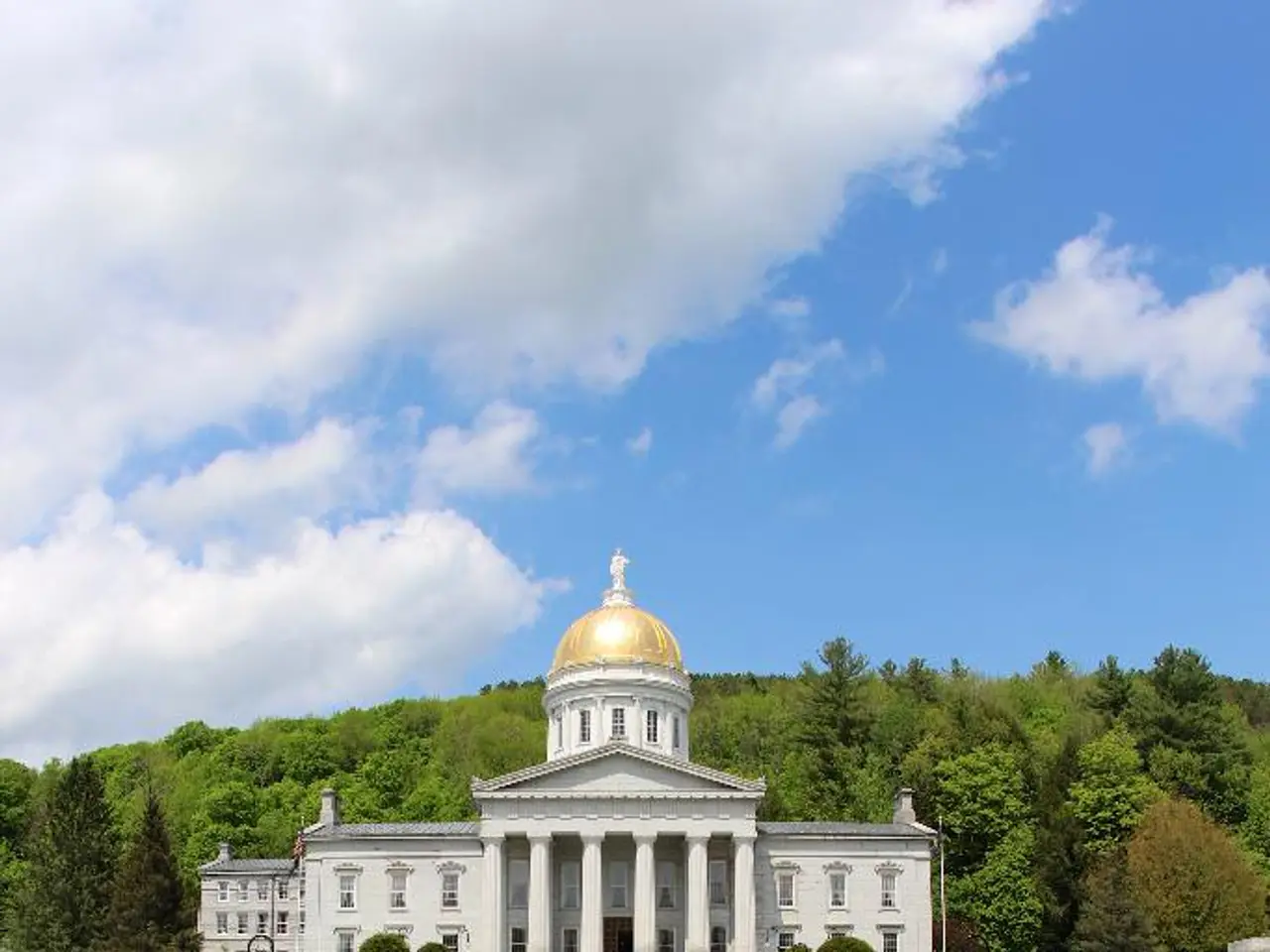United Efforts in Safeguarding Nature's Creatures and Biodiverse Habitats Cohesively
In the early days of the environmental movement, it was not a fringe concern of hippies and tree-huggers. Instead, it was a cause that resonated across the political spectrum. The establishment of the Environmental Protection Agency (EPA) and the National Oceanic and Atmospheric Administration (NOAA) during the presidency of Richard Nixon, a Republican, is a testament to this bipartisan commitment.
However, over the years, the landscape has shifted. Conservatism, once a supporter of environmental protection, has increasingly become associated with skepticism towards regulation, particularly those perceived as hindering economic growth or individual freedoms. This transformation can be traced back to changing party priorities, ideological shifts, and controversial policy decisions.
The Trump administration's attempts to drastically cut EPA funding and roll back environmental protections sparked sharp partisan divides, contrasting with bipartisan Senate opposition to such deep cuts. Policies like the fast-tracking of permits for fossil fuel projects, which undermined the National Environmental Policy Act (NEPA), intensified the political conflict over environmental regulation.
Advocacy groups within the conservative movement remain active in conservation, but their focus often leans towards issues with less climate change emphasis and pragmatic, incremental goals such as funding for water pollution solutions or National Park maintenance. This suggests an attempt by some conservatives to reclaim conservation as a nonpartisan issue, while broader political debates around climate policy, regulatory authority, and economic trade-offs continue to deepen polarization.
The history of environmentalism in the United States dates back to influential writers like Henry David Thoreau. In the mid-20th century, the environment was no longer a place reserved for wealthy adventurers; it was the air you breathed, the water you drank, and the neighbourhood in which you lived. The movement was a national call to action to prioritize the health and well-being of the planet and ourselves.
However, mentioning the environment as a political priority can now be perceived as radical, reflecting a shift in public opinion. This shift has turned environmental issues into culture wars between the parties, with the fight for wildlife protection and biodiversity conservation smack dab in the middle.
The growing distrust in science is a significant challenge in addressing environmental issues. Efforts to foster understanding and cooperation are crucial in overcoming this hurdle. The spirit of bipartisan stewardship and responsibility in environmental conservation is worth reviving, as it is a matter of shared American pride. Wild animals, ecosystems, climate events, and pollution affect every life in every zip code, regardless of political affiliation.
References:
- Leiserowitz, A., Maibach, E. W., Roser-Renouf, C., & Kotcher, J. (2019). National Surveys on Energy and Environment. Yale Program on Climate Change Communication.
- Environmental Data & Governance Initiative. (2020). Trump Administration Rollbacks: A Compendium of Environmental Deregulation. Environmental Data & Governance Initiative.
- National Archives. (n.d.). The Environmental Protection Agency. National Archives.
- White House. (2017). Executive Order on Promoting Energy Independence and Economic Growth. The White House.
- As a result of ideological shifts within the conservative movement, environmental science, once a shared concern, has unfortunately become embroiled in the political tussle known as climate-policy-and-legislation.
- The sharp partisan divides that have arisen surrounding policy-and-legislation on climate-change and environmental-science have led to a disenchantment with general-news, leading some to question the credibility of scientific findings on the issue.
- Addressing the challenges faced in environmental conservation requires a bipartisan approach, drawing upon the spirit of stewardship and responsibility exemplified in the creation of the Environmental Protection Agency (EPA) and the National Oceanic and Atmospheric Administration (NOAA), as chronicled in the history of the United States and by influential figures like Henry David Thoreau.





